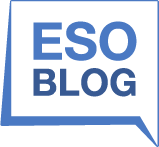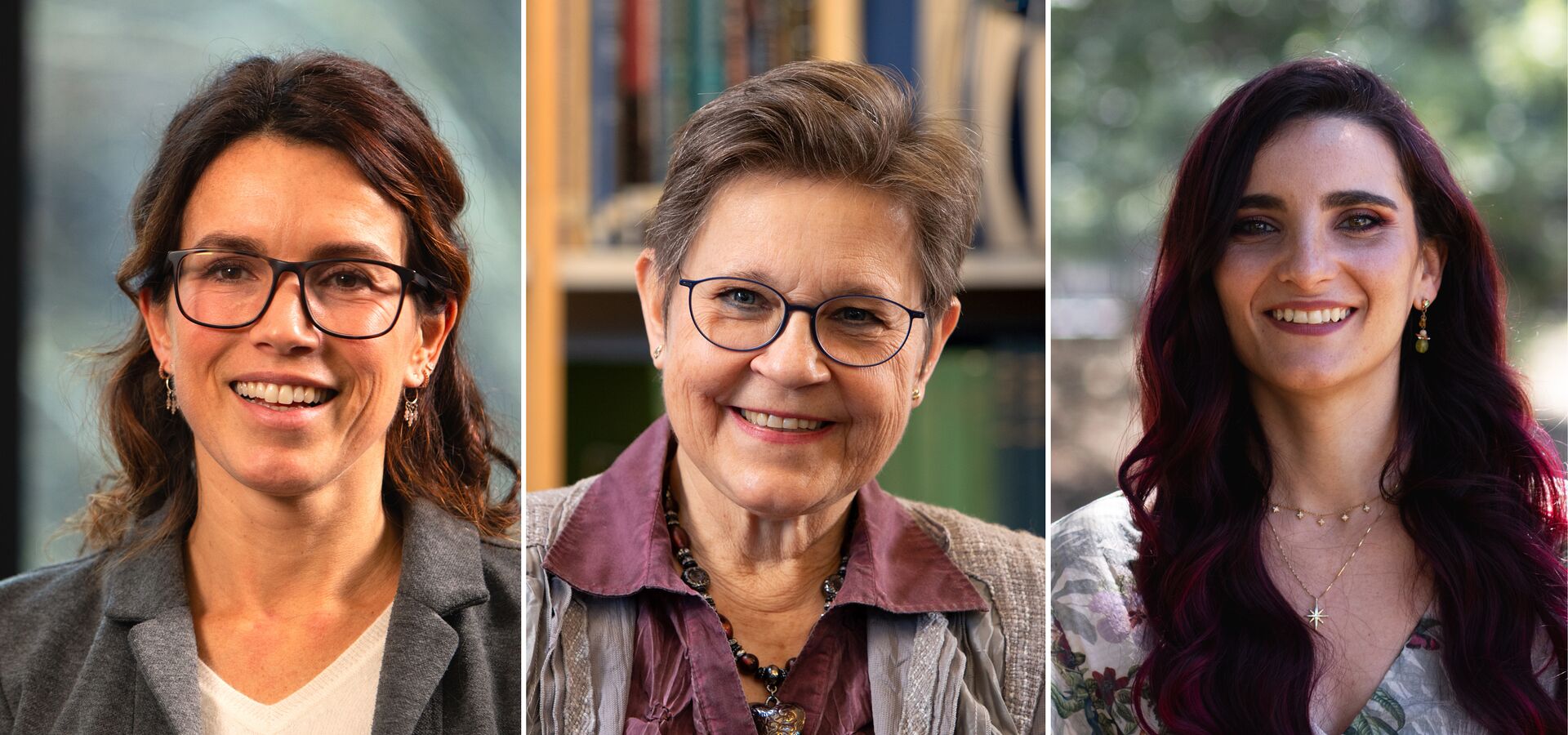- The path that some women at ESO followed in the fields of science, engineering and information services
- Some of the challenges they encountered, and institutional solutions moving forward
For the International Day of Women and Girls in Science, we celebrate the women who work in all disciplines at ESO and their careers. Here, we share extended and translated interviews of three women — Uta, Ana and Emanuela — who reflect the international and interdisciplinary organisation that is ESO, and are vital to the world-leading research and engineering conducted here. Some quotes have been slightly edited for clarity.
“We deal with a science that really touches on the big questions, so it never gets boring,” says Uta Grothkopf, Head of the Library, Documentation, and Information Services (LDIS) Department at ESO Headquarters in Garching, Germany. “I've been in the library and documentation sector for over 30 years now and it never made me feel like I was standing still. New tasks were constantly being added, new subject areas were being added, so that while you're doing the job you're actually continuing to educate yourself and keep learning.” Along with managing the LDIS department with its wide range of services, Uta informs ESO’s researchers about developments in scholarly publishing and advises on topics such as Open Access and Open Science.
After receiving her diploma, Uta was searching for a position in a public library when she found a job advertisement for ESO. “I was applying without actually having much hope that I'd be selected,” she recalls. “Astronomy wasn't really my hobby back then, I have to say, and yet I did it. And that was definitely my best career decision ever.“
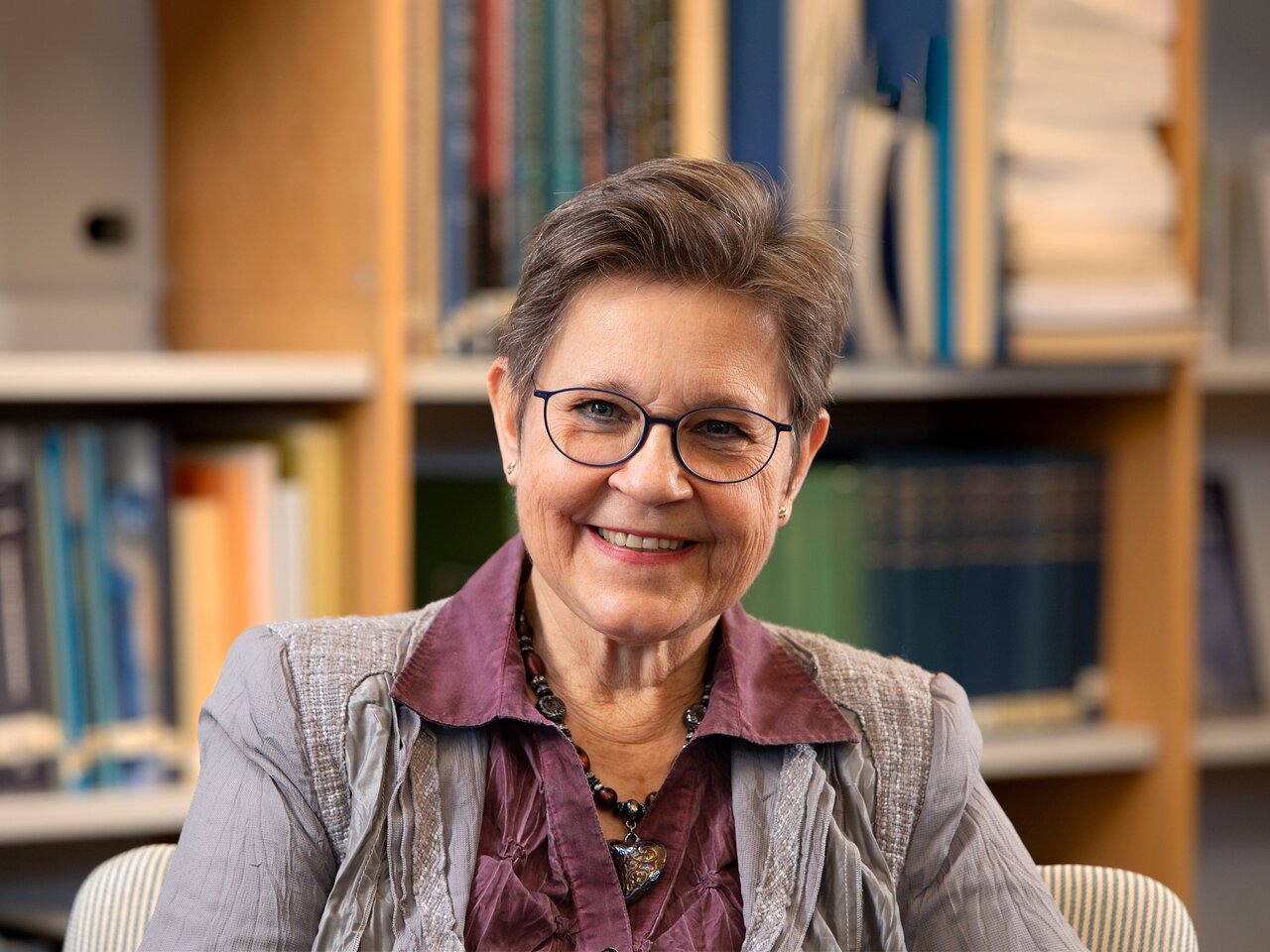
Astronomical research requires experts across many disciplines: engineering, information technologies, administration and astronomy itself. Some staff at ESO never imagined themselves working in the astronomical field, and have taken many paths to where they are now — united under a common love and curiosity about the cosmos.
Ana Jiménez-Gallardo, now an ESO Fellow working under the pristine skies of Chile’s Atacama Desert, does not have the stereotypical backstory of an astronomer — she did not grow up gazing at the stars with her aims towards the cosmos. “I always felt a little inferior because I never had that story. I had always liked astronomy documentaries, things like that, but I had also liked archeology documentaries, for example. So, in my head there was no option towards astronomy,” she explains. As a Fellow, Ana now works on her own astronomical research and has duties at Paranal Observatory helping the community use some of the most powerful telescopes in the world.
“I had no intention of becoming an astronomer,” she continues, “and then I started University. I had to choose a career and I said ‘I'm good at physics, well I'm going to do physics’. I learned that if I do physics, I can really do astronomy [...]. So, little by little, I realised that yes, that it was an option, that it was possible and that I could do it, and little by little [I started] falling in love with the work.”
This sentiment is reflected in Uta’s experience, and from this she would advise the younger generation: “First look where you really want to go, [...] do what you do with a lot of love and passion. But also think about other possibilities. Just, what else can happen, keep your eyes open and see if there are any options there too and great opportunities outside of what you actually had in mind for yourself.”
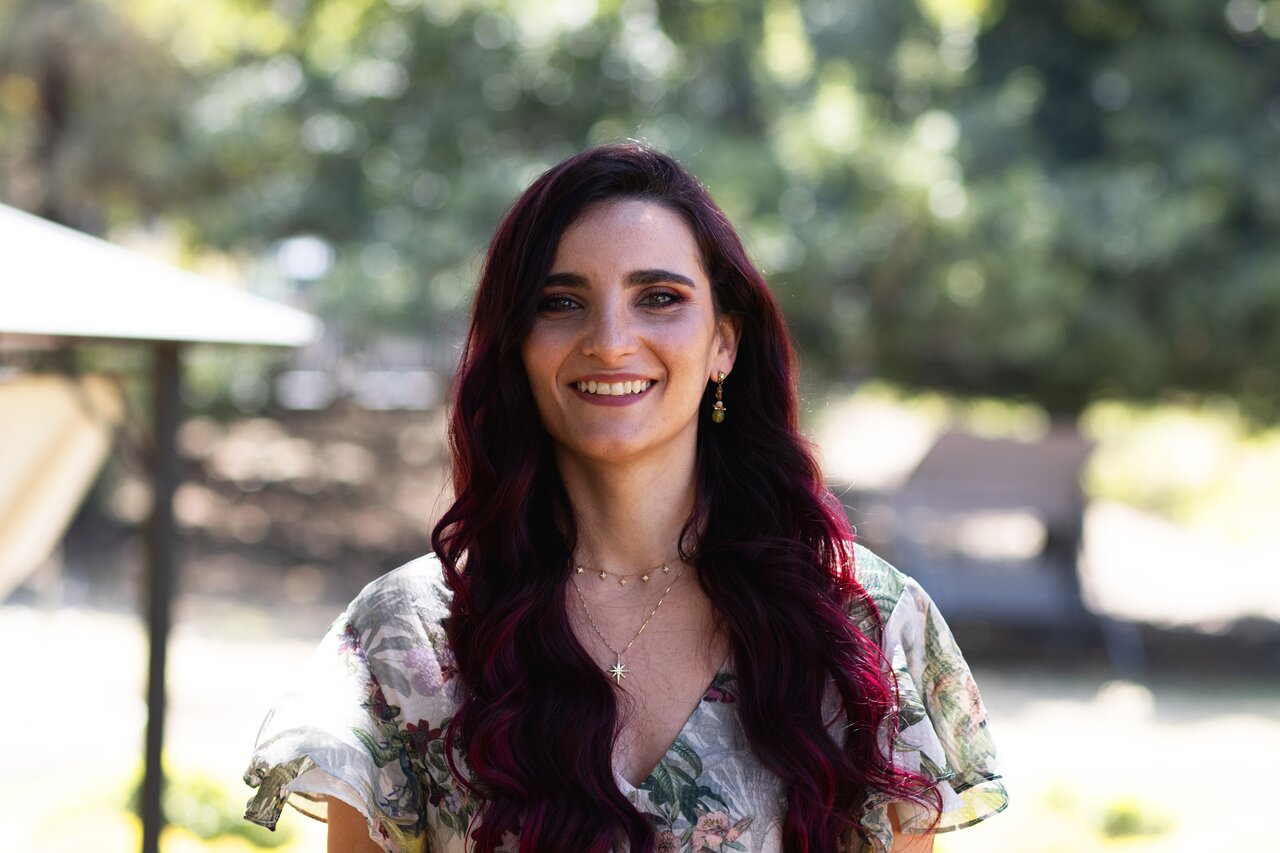
Emanuela Ciattaglia also finds astronomy fascinating from her mechanical engineering background, musing, “the telescopes are really special systems, [...] you find absolutely everything in them, all the disciplines of engineering.” She is the Deputy Assembly, Integration and Verification (AIV) Manager of ESO’s Extremely Large Telescope (ELT), an ambitious next-generation 39-metre optical and infrared telescope –– the largest of its kind. The AIV team ensures that the individual pieces of the telescope come together before it can be ‘switched on’. Emanuela takes pride in the team seeing it all materialise — a job which is both risky and thrilling.
“ESO is such a special place where you can really put your hands almost everywhere, everybody would cooperate with you and make you understand what they're doing. So I found it's a really good place where you can learn and give a lot,” Emanuela continues.
Uta, as a librarian, also knows the importance of collaboration. “I think [librarians] are very sociable and also outgoing people,” she says. “We have to be too, because we are the sources of information that we make available and want to convey to our users. We also have to be able to approach people and say that there is something exciting and new here.”
Ana’s colleagues are what inspires her the most to continue in astronomy. “What I like most about this job is often the community, interacting with people […] I see my colleagues' passion, see their new ideas… I don't know, it makes me feel like I want to be part of this too. I also have this idea and I want to share it with them.” Stereotypes about scientists encompass more than gender, and the ‘lone genius’ is one example not rung true in the collaborative community found in astronomy.
The same collaboration that inspires people to continue in science can be a tool for developing inclusion, Uta explains. “I see good will everywhere and a desire for collaboration and that's what counts in the end. What is always the be-all and end-all, I think, is communication.” This is particularly relevant in an institution like ESO, which is structured in different directorates managing working areas like science, engineering or administration, among others, all of which need to work together like a well-oiled machine to achieve their common goals. “We all need to do a better job of speaking to each other more openly and honestly, also across directorates. This is very important because this is the only way we can really come together and have real exchange and can use the strengths that exist in a person or a department.”
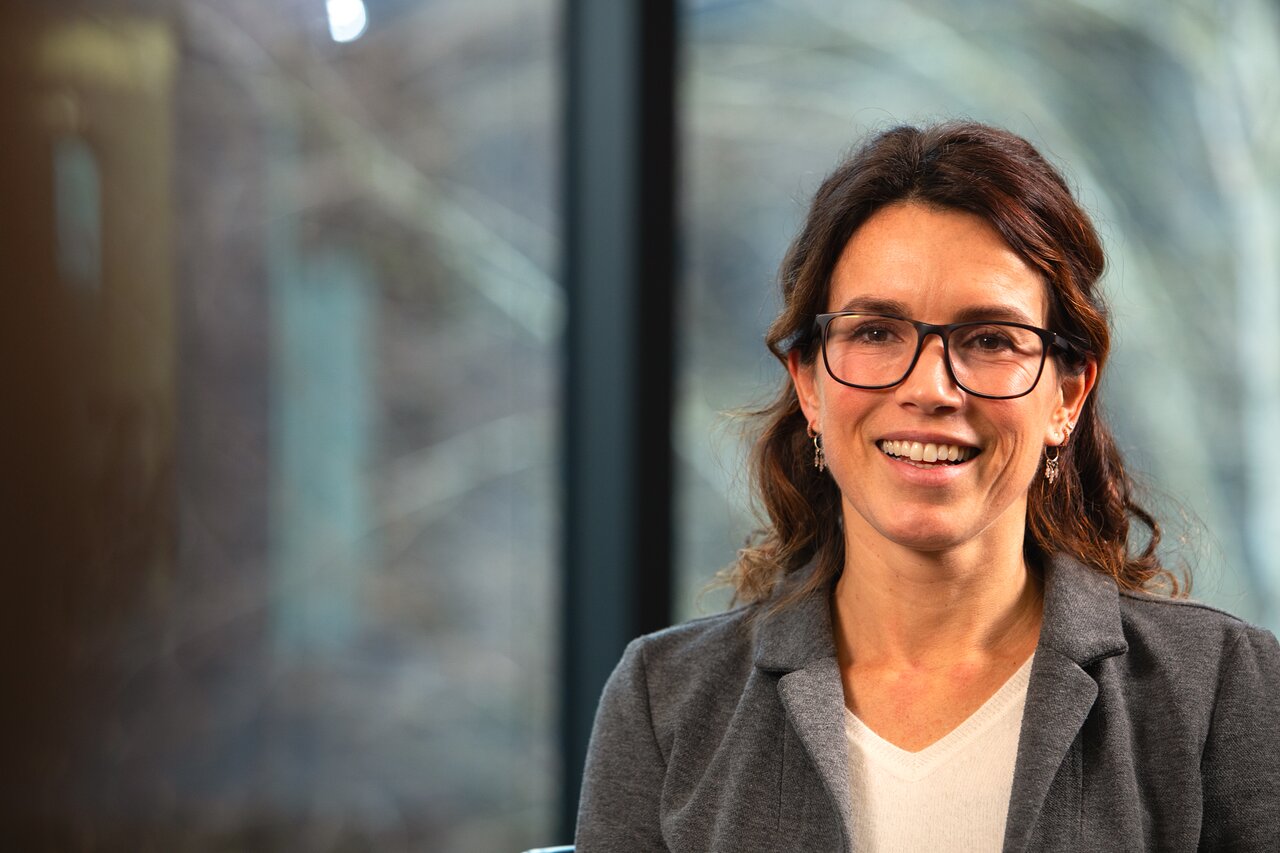
A lack of gender representation is only one of the factors discouraging and limiting women from pursuing careers in science, yet it is an important one. This low representation allows stereotypes and misconceptions to persist, contributing to feelings of inadequacy, isolation, or not belonging when women do partake in the field.
That is why mentorship and role models are crucial to aspiring women scientists. “If someone already did it, why not me?” Ana wonders. “As a woman I have also arrived here, I can talk to other women to say ‘look, you can get there too’. Scientists [can be] known more, as people, not just as our papers or our work.”
If Ana could encourage her younger self, she would say “nothing is too much, it’s completely possible. You can do it. It's simply trying it. Many times, we put the highest barriers for ourselves, we think that maybe that's for other people. That's for the stereotypical scientist. No, that's not true, scientists are, in the end, ordinary people. Completely. And you can make it.”
“You love what you're doing... don't let anybody stop you from doing what you love,” Emanuela agrees, reflecting on her younger self. “Science is for everybody, and I know [it] has been said and said again, but it's important. [...] This is [for] young girls onwards.” Ana concurs: “from an institutional point of view, [we must] make it affordable for people from all over to enter. Do not hinder anyone due to gender diversity, due to anything.”
Gender equity is, fundamentally, a human right — people deserve to be able to succeed in their chosen careers regardless of their gender. It is also a benefit to science itself. Having diverse identities, experiences and backgrounds expands our perspectives, creativity and capabilities. By encouraging and supporting more people to pursue science, we make the science itself better.
However, encouraging women into these careers without the proper support is a false start — it creates diversity without equity. Gender discrimination persists from how science is taught, to how scientists are hired, to how they are supported in their roles. For example, women often have more caring duties than men, yet many jobs have limited accommodations for these duties. “It's demonstrated [that women] take more time for the family in general, even if they don't have kids. [We need to] support that in any way possible,” Emanuela encourages. “Not only planting the seed, but being there constantly, at all ages, supporting women up to and in their jobs.” For example, providing access to child care, nursing rooms and flexible leave allows this from an institutional perspective.
Of ESO staff, 26 percent are women — a number that varies discipline to discipline. ESO aims to increase gender representation, especially in technical, engineering and leadership positions. Initiatives are in place to reduce gender disparities, including updating hiring practices, reducing bias in selection committees, developing mentoring programmes, and reducing equity gaps in pay and promotion. ESO also partners with others to promote gender diversity, for example with UN Women and the Gender Equality Network in Physics in the European Research Area.
Institutional change is the key to providing the environment for women to equally participate in science. The International Day of Women and Girls in Science is a yearly reminder to promote this access, which will both strengthen science and allow for the empowerment of young girls and women.
Biography Pamela Freeman
Pamela Freeman is a PhD candidate in astronomy at the University of Calgary, Canada, studying the chemical makeup and evolution of star forming regions in the Milky Way using submillimetre telescopes. Previously, in her Master’s, she delved into astronomical instrumentation, developing a correlator for the Dominion Radio Astrophysical Observatory. Throughout these degrees, Pamela has written for the university’s student newspaper, co-developed an outreach video series and has led several student-oriented events. She is bringing her astronomical knowledge and eagerness to learn about all aspects of science, including communication, to ESO.
